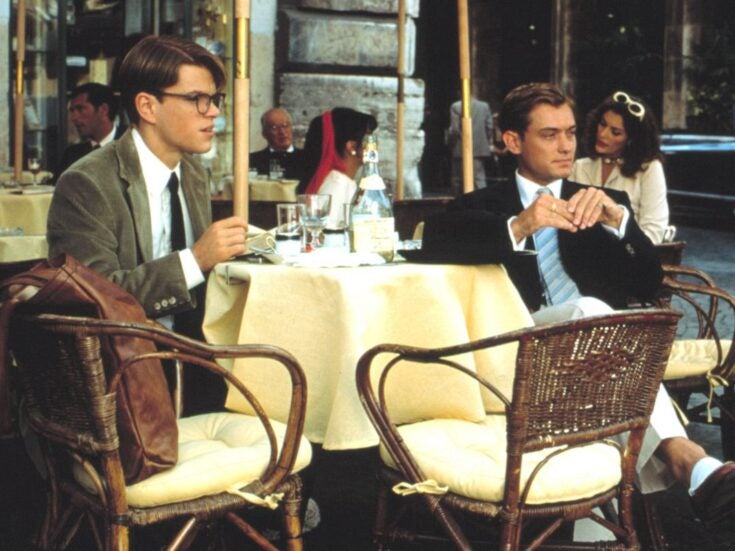Spear’s has learned of one pioneering individual who decided to make a stand against the overuse of ‘luxury’
by Sophie McBain
If one man’s feast is another’s dog’s dinner, can there be any objective criteria with which to distinguish the ‘luxurious’ from the ‘everyday?’ And with the word luxury now applied to anything from Louis Vuitton to loo roll, is its ubiquity rendering the word meaningless?
Spear’s has learned of one pioneering individual who decided to make a stand against the overuse of ‘luxury’. He launched a complaint with the Advertising Standards Authority against Virgin’s Sandals Luxury Included ® Resorts, arguing that given his holiday experience, the resort’s name was misleading. Despite the ‘unlimited premium brand alcoholic drinks’, his ‘marble bath’, ‘mahogany four-poster bed’ and the attention of his personal butler, the complainant’s down time was marred by the unclean air conditioning vent, malfunctioning patio doors and poor reception on his ‘42 inch plasma screen TV’.
And then, in mid-air, came the deathblow. The glossy brochure had promised that his in-flight ‘dedicated menu’ would be ‘served on china dinnerware with accompanying stainless steel cutlery’. Instead he was served a cheese and egg roll wrapped in silver foil (after he had opted out of the main meal choice).
The ASA did not uphold his complaint, arguing that ‘the term luxury was widely used in the travel industry and was not objectively defined,’ and that despite the complainant’s exacting standards, not to mention the sandwich fiasco, most of the facilities were ‘sufficiently high-end to warrant the use of the term luxury’.
This shows that the meaning of luxury has not completely diminished with time. It is not yet a mere linguistic tic, disproportionately afflicting PRs and marketing execs — the ASA listed the various facilities offered by the hotel as evidence for their ruling — but like beauty, taste and probably morality, there is little hope of escaping the subjective nature of the term.
This problem of subjectivity is particularly pronounced in the travel industry. Where once ‘luxury’ was understood as shorthand for ‘well stocked mini-bar, a turn-down service, and a chocolate on your pillow,’ a new species of five star hotel with seven star aspirations is raising the bar beyond even the most demanding customer’s imagination, while the average Holiday Inn room will now provide many of the facilities once considered the mark of four or five star accommodation.
As a result it is becoming harder to detect the difference between genuine luxury and false grandeur, and the discerning traveller ought to read between the carefully crafted lines of holiday brochures. While it’s hard not to have some sympathy for the victim of Sandwichgate, the boast that dinner would be served on china and with stainless steel cutlery ought to have set alarm bells ringing — and not just to call the butler.






